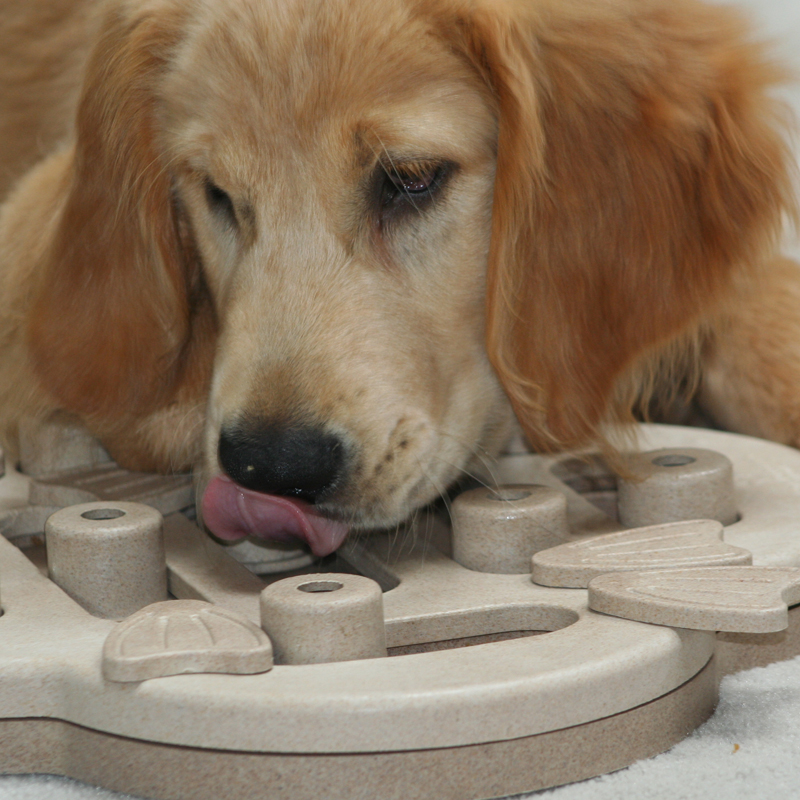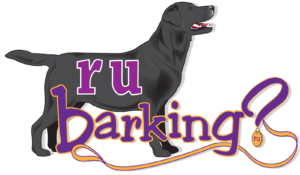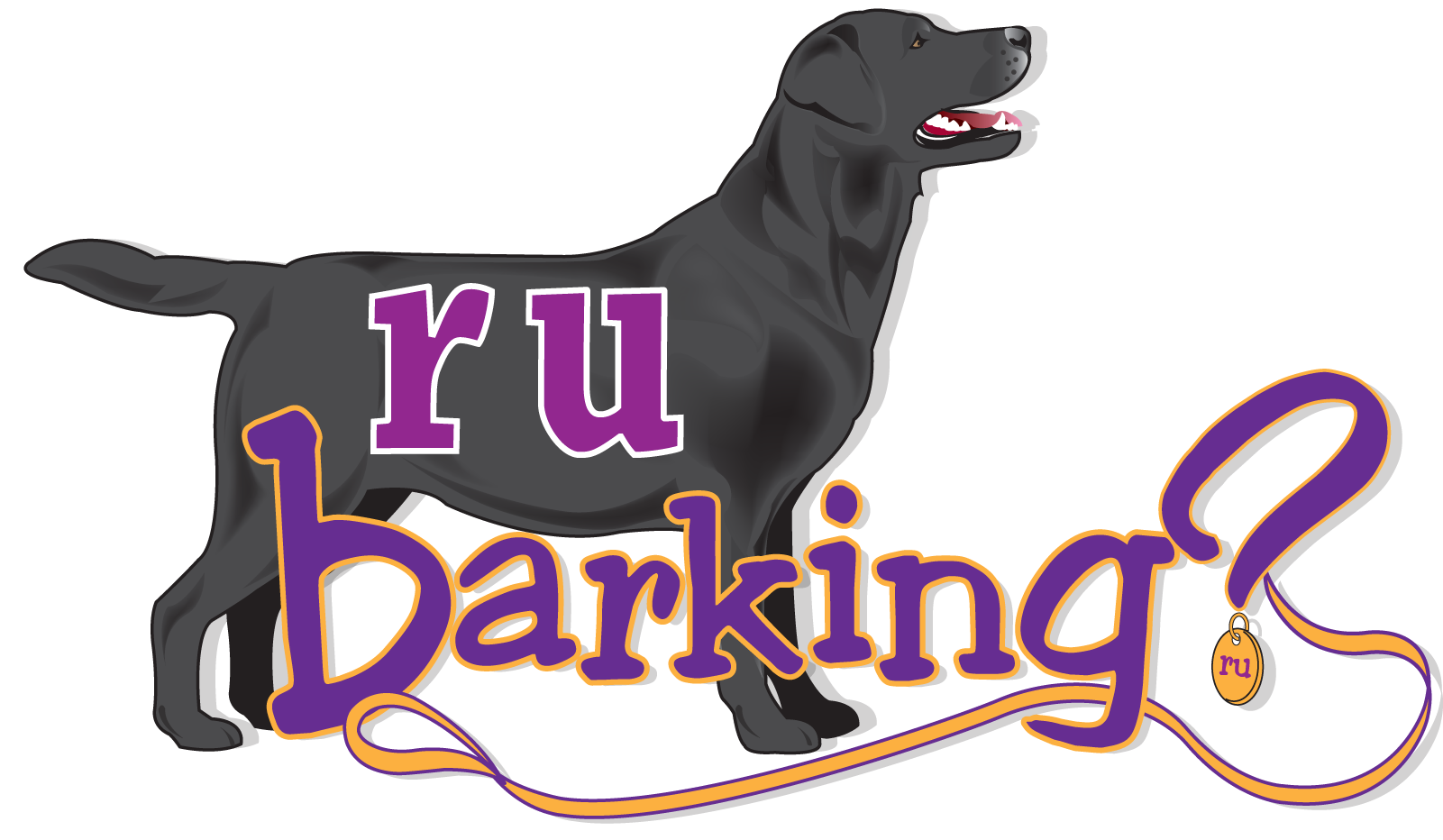
17 May WITH COVID-19 RESTRICTIONS ENDING, WHAT DOES THAT MEAN FOR MY DOG?
If your dog has been used to long summer holidays, kids going back to school and routines changing, chances are that he will adjust well when we all return to life pre-pandemic. However, many pets have become accustomed to the constant presence, noise and activity of a family forced to spend more time at home. Whether that meant more walks, playtime, petting or just chatting to. Now, not only will kids be returning to school, but after-school activities will resume resulting in even less time at home – College-aged kids who had been home-schooling may be returning to on-campus learning. And then there are the ones who were adopted during the pandemic and know nothing else.
All pets are different, some are happy-go-lucky, go with the flow and are incredibly resilient while others are more reserved, cautious and very sensitive.
While we understand what is going on, our pets do not and can become stressed when their familiar routine suddenly changes. You might begin to see unusual accidents in the house, destructive chewing or a lack of interest in eating.
Don’t wait to find out what your dog’s reaction will be. Now is the time to start a slow process towards the new routine. It’s key to introduce changes gradually.
The goal is to find creative ways to teach your dog to be comfortable alone. He needs to be able to entertain himself and not expect constant companionship.
Perhaps change the quantity of time spent with your pet to quality time. There are a multitude of enrichment activities you can use to stimulate his body, mind, social and sensory receptors. It can be as simple as blowing bubbles or hiding toys or treats for him to find. Consider enrolling him in a new training class, obedience, agility, tricks or nose work. Then practice what you have learned at home. They say mind work is more tiring than physical exercise for a dog.
Start desensitizing him to possible stress-inducing cues, such as picking up your keys. Pick them up, go outside, then immediately come back in. With perseverance and repetition this activity will become uninteresting.
It’s a good idea to offer your dog a high-value treat that he only gets when you leave. This can be a favorite toy, a frozen treat or frozen Kong stuffed with all kinds of goodies. The internet is full of recipe ideas from peanut butter to Greek yogurt, blueberries, freeze-dried treats and carrots. He’ll be occupied getting through his treat for some time and he’ll then be ready for a nap, satisfied and tired.
When you leave, consider playing soothing music that has a beat simulating the heartbeat of the canine mother. Leave the TV or radio on if he is used to that. This can help mask anxiety-producing noises from outside. Take walks alone. Take showers without your dog in the bathroom. Maintain a daily routine of some kind.
Do a check of the house before you leave for the first time. Is it better if he looks out the window or does this result in excessive barking? Allowing him free rein of the whole house could be stressful as he unsuccessfully looks for you. Confine him to a smaller area reducing the possibility of separation-related distress. Leave a t-shirt or socks of yours as a comforting reminder of your presence.
Check that ID tags are up to date and haven’t worn away. Stressed pets may slip out of the door as you leave or try and escape if they become bored or anxious.
If your pet has been used to multiple walks and exercise during the day, consider employing the service of a professional dog walker. Get him used to the new person coming in and taking him out before everything changes. Daycare and playdates are another option introducing socialization with new friends.
Hopefully, your dog will have no issues when things change, but don’t wait to find out. Lining up services now will better position you and your dog for a smooth transition when things go back to pre-pandemic normality.

